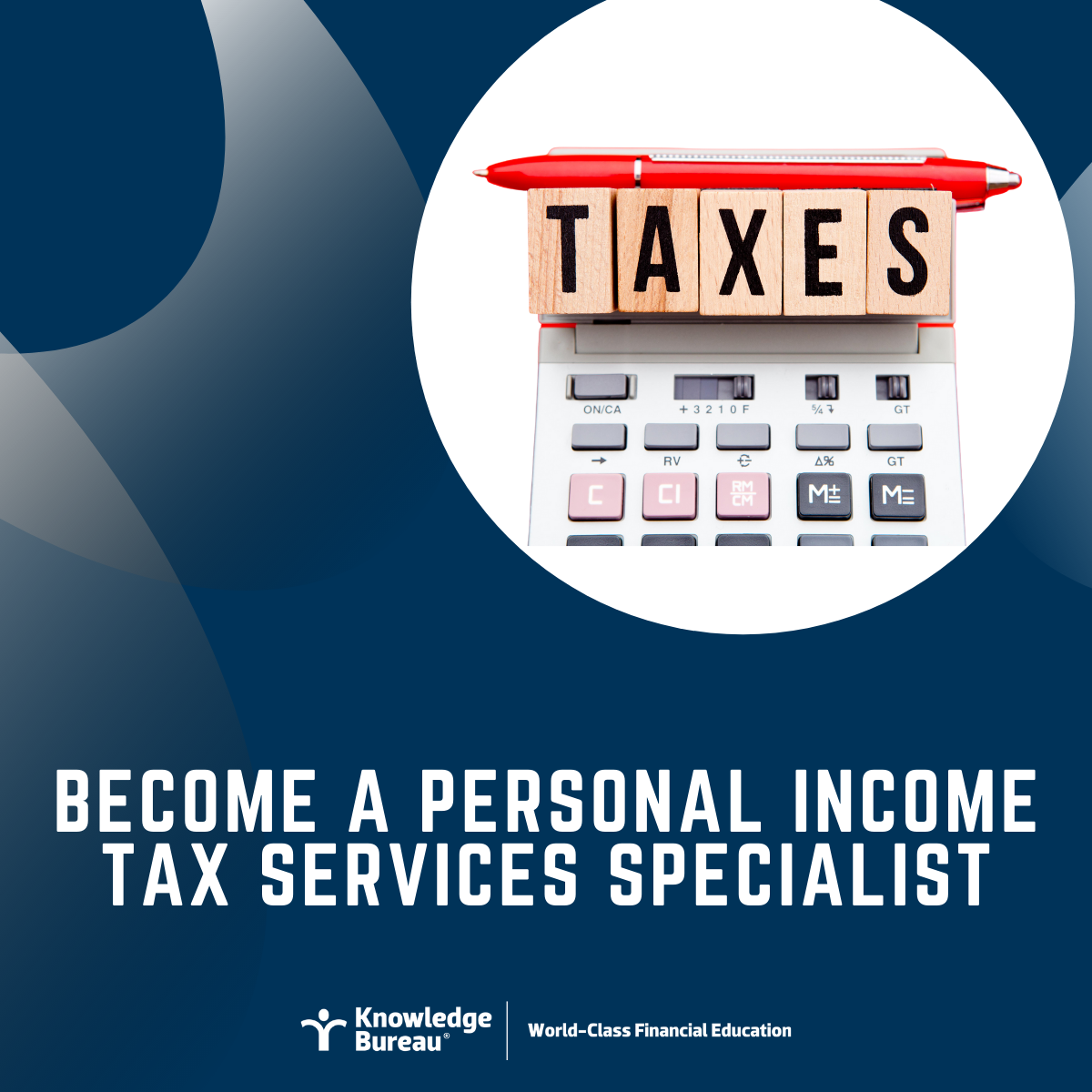Last updated: November 19 2020
New to Canada? You’ll Need to File a T1 Return in 2020

Evelyn Jacks
There are special tax filing rules for people who immigrate to Canada. They are required to file a Canadian tax return to report their world income during the period in which they were resident in Canada. They also have to account for the valuation of their assets. Tax advisors can be of great help in discussing the filing requirements before year end.
Specifically, part year residents may be required to report income, deductions and credits from two periods: the residency period, based on the actual number of days resident here during the year and the non-residency period, depending on their Canadian income sources generated before arriving here. Provincial taxes are due to the province of residence on the last day of residency for emigrants and the last day of the calendar year for immigrants.
Asset Valuation on Immigration. Those who immigrate to Canada must also determine the Fair Market Value (FMV) of their assets at time of immigration. Canada is not able to tax any accrued capital gains before this. Nor will Canada recognize accrued losses.
The residency period is covered under ITA S. 114 (a). Reported here is all income calculated in the normal manner, but only for the residency period. This requires some unusual tax  reporting:
reporting:
- Personal amounts are therefore prorated according to the number of days the taxpayer was resident in Canada.
- Provincial taxes are due to the province of residence on the last day of residency for emigrants and the last day of the year for immigrants.
- Generally refundable tax credits (GSTC, CTC, and provincial credits) are not available to emigrants.
Full Claims: Deductions. Allowable deductions taken to reduce income in this period can include all deductions permitted for the purpose of earning taxable income as applicable to the period. This can include RRSP contributions made within the calendar year or the normal 60-day period after year end, for example. However, it must be shown that these amounts are attributable to income earned in the period of Canadian residency.
Full Claims – Non-Refundable Tax Credits. Certain non-refundable tax credits, which apply to the residency period, can be claimed in full. This includes CPP and EI premiums paid in the residency period, the Canada Employment Amount, the Pension Income Amount, Tuition Amounts, Medical Expenses and Charitable Donations.
Year end is a good time to discuss filing requirements for newcomers to Canada. Be sure to invite them into your professional practice to get ready for tax season 2020.
Additional educational resources: Take the DFA-Tax Services Specialist™ Designation Program.

